Men and women of any age may have hernias. Hernias are caused by natural weakness in the abdominal wall or out of excessive strain on the abdominal wall, heavy lifting, difficulty with bowel movements or urination, substantial weight gain, or persistent coughing. Almost all hernias are located near the groin, or below the groin (femoral), through the navel (umbilical), and along a previous incision (incisional).
Laparoscopic Hernia Repair Operation
Laparoscopic hernia repair operation is one of the laparoscopic procedures. The operation needs general anesthesia when a small incision is done under the navel. The abdominal organs may not be visible to the surgeon because inflated abdomen. And laparoscope is inserted through the incision. Inguinal hernia repair surgery needs careful consideration. However, after laparoscopic hernia repair surgery, patients go home right away.
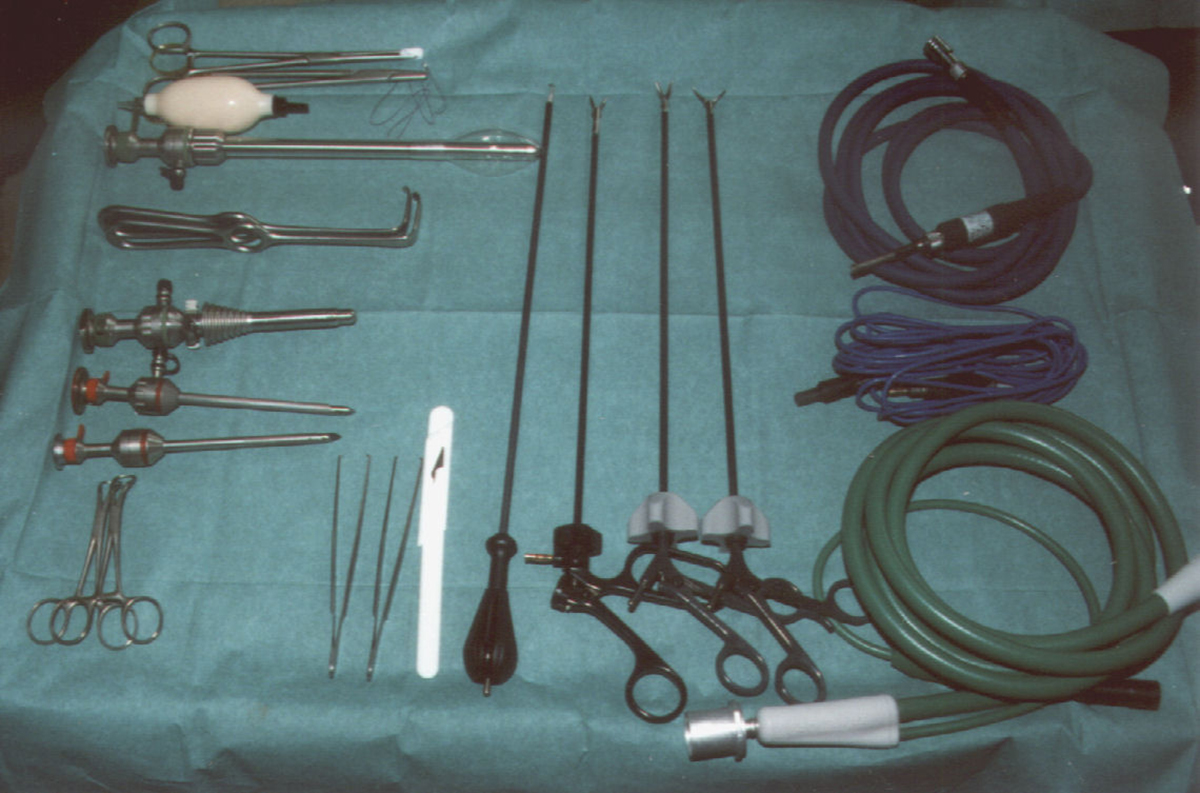
Laparoscopic hernia repair- laparoscopy has not been entirely approved. The procedure needs a few small incisions instead of one cut. Laparoscopic surgery examines groin areas and hernias areas for defects. The patch may be done over all weak spots, in order to prevent hernia. General anesthesia is required for laparoscopic repair under local, general, or spinal anesthesia.
Advantages of Laparoscopic Hernia Surgery
1. Checking out for and redoing damage of a second hernia on the opposite side.
2. Repairing recurrent hernia with laparoscopic techniques.
3. Laparoscopy may be more appealing for cosmetic reasons.
4. Mean a less pain and quick recovery.
Laparoscopic surgery repair may not be for pregnant women, very obese people, those who have incarcerated hernia, those who are taking anticoagulants or blood thinners, those with general anesthesia, intolerance, those with a lot of abdominal surgeries, those with severe lung diseases, those who have bleeding disorders (hemophilia or idiopathic thrombocytopenic purpura (ITP).This procedure is as safe as open surgery, in carefully selected cases, when performed by specialists in this field.
Complications
Possible complications of the operation may occur in persons who take blood thinners, persons who smoke, persons with bad urinary problems, persons with blood clots in large blood vessels, and persons who take huge doses of Aspirin.Risks
Pain in the thigh may happen because of the entrapments of nerves.
Pain in a sperm cord, testicle – penis.
Numbness in the area of the thigh.
A scar tissue.
Infection from past stitches.
Testicle injury- atrophy.
Abdominal organs or injury of blood vessels, nerves.
Urinary retention.
Hernia recurrence.
Fluid or blood in the scrotum.
- The most commonly reported complications are bleeding (0.9%), wound infection (0.5%), and pulmonary and cardiovascular complications (0.2%). In 3.9% of the included publications, a reliable grading of the reported complications according to Clavien-Dindo classification was possible.
- About 78% of all patients suffered from complications needing only minor (meaning mostly medical) intervention (Clavien-Dindo grade
- For men, there is a lifelong risk of contracting an inguinal or femoral hernia of 27%–43%. For women, there is a risk of 3%–6%. Throughout the world, about 20 million inguinal hernia repairs are performed every year. Thus, inguinal hernia repair is one of the most frequently performed surgeries worldwide.


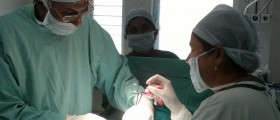



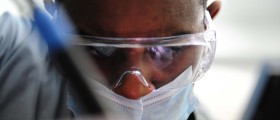
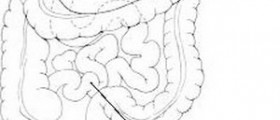
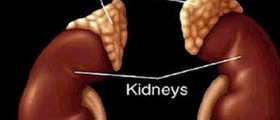


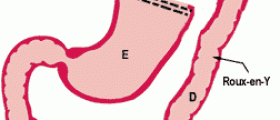
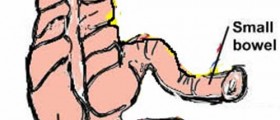
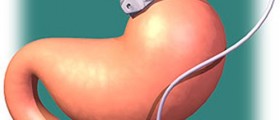

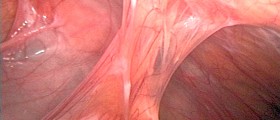
Your thoughts on this
Loading...